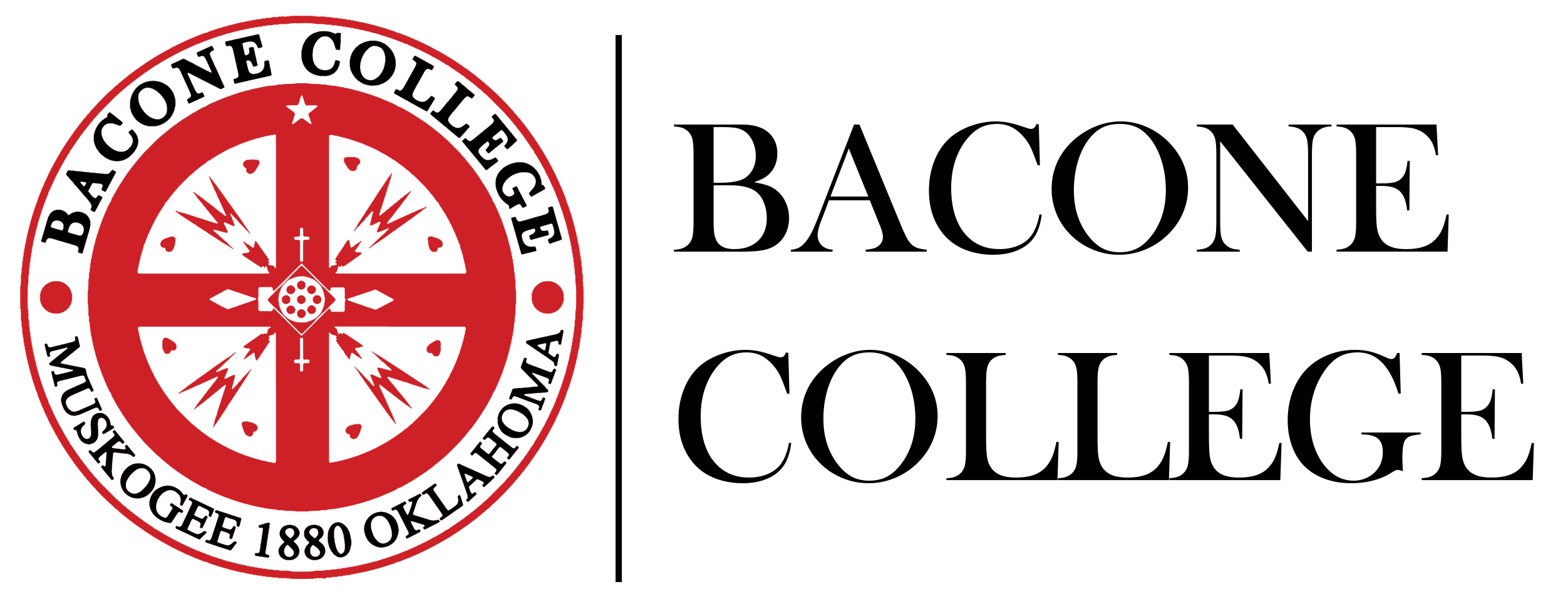
The Rennard Strickland School of Tribal Law & Criminal Justice provides graduates with a solid foundation in criminal justice allowing students to focus their interests toward their ultimate goals. Our graduates move forward in their careers after graduating to become law enforcement officers, victim/offender mediators, park rangers, victim advocates, or investigators. Students find employment opportunities within the criminal justice system at all levels to include state, federal, and tribal nations. Exceptional students go on to complete law school or pursue masters degrees in specialty areas that coexist in the criminal justice field. Students focusing on tribal law often find opportunities within their own respective tribes, or with the Bureau of Indian Affairs.
Bachelor of Science Degree in Criminal Justice Studies
The Baccalaureate Program of Criminal Justice Studies is the study of the structure, functions and decision-making processes of the police, courts and correctional agencies involved in the control and management of criminal offenders. The discipline examines the causes and patterns of criminal behavior and the role of the law in regulating both crime and the operation of the criminal justice system. Furthermore, the program provides students with the opportunity to gain necessary skills in the area of program development and evaluation as well as planning and research within the field of criminal justice.
The Baccalaureate Degree in CJS will serve the following types of students:
1. Those seeking a four-year degree as a prerequisite for entry into the criminal justice field;
2. Those currently in service in the criminal justice system who seek to broaden their skills and obtain job-related knowledge and expertise, and
3. Those currently in the criminal justice system who seek to specialize and/or work in some other area of the system.
Associate of Science in Criminal Justice Studies
The purpose of the Criminal Justice Studies program is to provide the student with a system orientation to the field of Criminal Justice. Study in Criminal Justice involves the application of the principles of Criminal Justice and the related behavioral and social sciences to problems and issues in the field. The program focuses on building knowledge in the areas of law enforcement, courts and corrections. Within the program students will develop a knowledge base for an in-depth understanding of human behavior and the kinds of problems and circumstances that often result in criminality. Furthermore, the program provides students with the opportunity to gain necessary skills in the area of interviewing, program development, community organizations, planning and research within the field of criminal justice. The Associate of Science in Criminal Justice curriculum is intended to provide its graduates with the necessary foundation for a successful career.
Learning Outcomes
PROGRAM LEARNING OUTCOMES
RENNARD STRICKLAND SCHOOL OF TRIBAL LAW AND CRIMINAL JUSTICE
ASSOCIATES OF SCIENCE IN CRIMINAL JUSTICE
Students who successfully complete the Associate of Science in Criminal Justice will be able to:
1. demonstrate critical thinking skills when evaluating issues in criminal justice and criminology
2. articulate knowledge about the structure and functions of the 3 main components of the
criminal justice system including: law enforcement, the courts and corrections
3. identify and recognize ethical behavior in the criminal justice system
4. articulate racial and ethnic issues which affect core criminal justice areas (law enforcement,
courts and correction)
5. communicate effectively orally and in writing using appropriate references and technology
BACHELOR OF SCIENCE IN CRIMINAL JUSTICE
Students who successfully complete the Bachelor of Science in Criminal Justice will be able to:
I. demonstrate critical thinking skills when evaluating issues in criminal justice and criminology
2. articulate knowledge about the structure and functions of the 3 main components of the criminal justice system including: law enforcement, the courts and corrections
3. identify and recognize ethical behavior in the criminal justice system
4. articulate racial and ethnic issues which affect core criminal justice areas (law enforcement, courts and corrections)
5. communicate effectively orally and in writing using appropriate references and technology
6. successfully complete the Capstone experience with students passing a comprehensive exam with a score of 70% or better and completion of a student project
Student Government Association
SGA is the official governing body to represent the best interests of students as the voice of students to the administration, as well as the Board of Trustees of Bacone College. Officers are held to a higher respective standard and are required to meet reasonable qualifications to become a part of the BSGA family. Learn more here.
Learn More

Laci Klinger, J.D.
Adjunct Professor
Biography
klingerl@bacone.edu

Geno Stewart
Adjunct Professor
Biography
stewartg@bacone.edu

Deputy Chief Reggie Cotton
Biography
cottonr@bacone.edu

